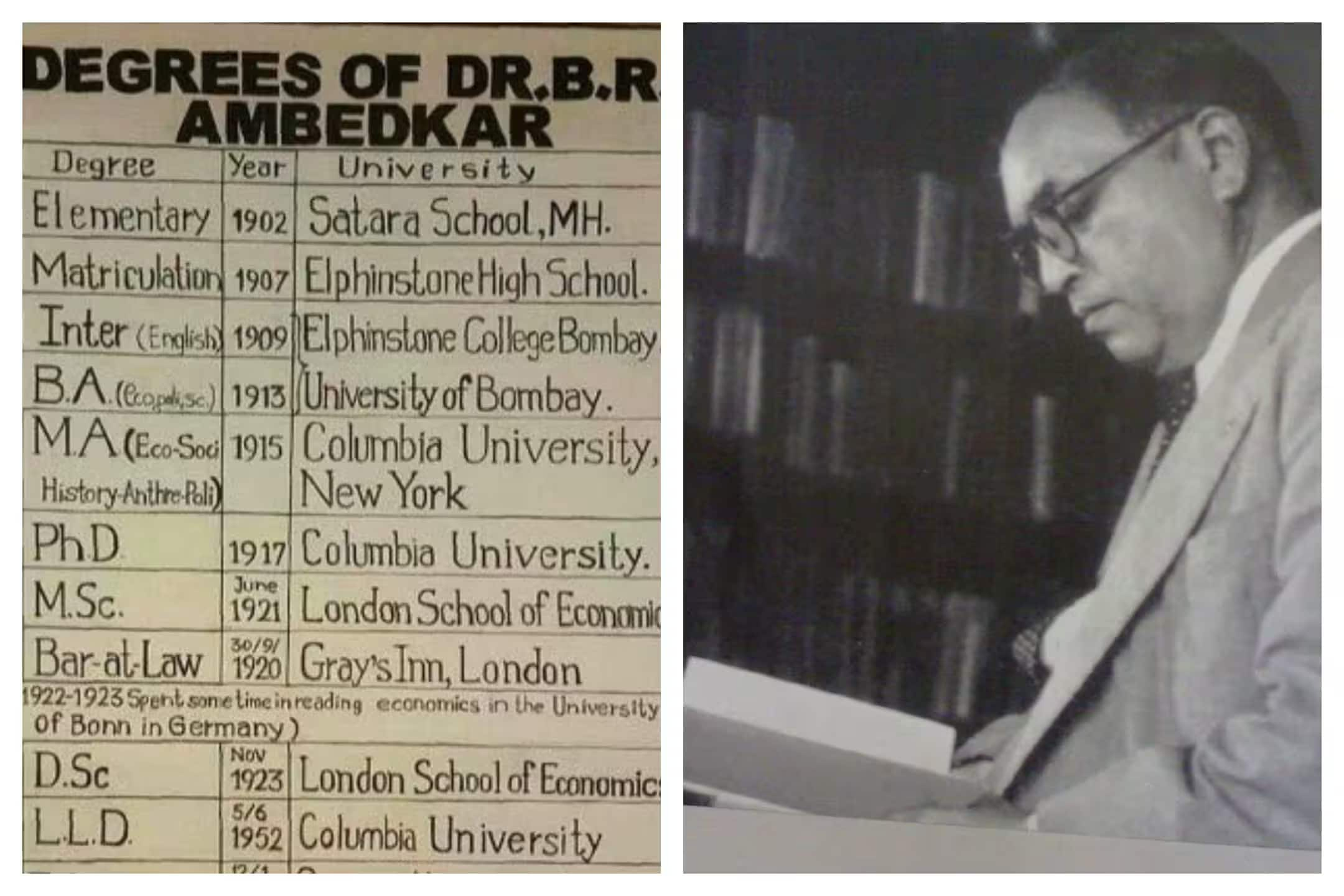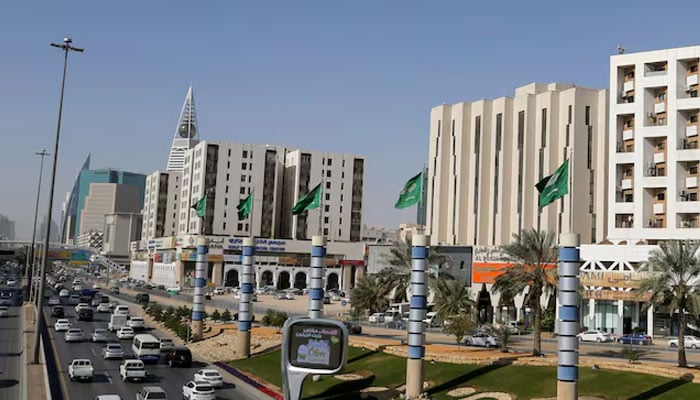
It’s been a while since much in the way of good news emanated from the Middle East. Read this article for free: Already have an account? To continue reading, please subscribe: * It’s been a while since much in the way of good news emanated from the Middle East. Read unlimited articles for free today: Already have an account? Opinion It’s been a while since much in the way of good news emanated from the Middle East.
The end of the tyrannical regime of Syrian president Bashar al-Assad, however, is rightly being received in most parts of the globe as a positive development. But there are serious caveats. After nearly a quarter-century of iron-fisted rule marked by oppression, violence and serially egregious human-rights violations — a continuation of the dictatorial authority imposed by his father, Hafez al-Assad, from 1970 until his death in 2000 — the younger Assad’s once-seemingly unshakable grip on power evaporated in the space of less than two weeks.

Amr Nabil / Associated Press Files Former Syrian president Bashar al-Assad After the rebel group Hayat Tahrir al-Sham (HTS) — formerly an offshoot of Al-Qaeda, and still labelled a terrorist organization by many western nations — made a startling advance through Syria’s major cities and pressed toward the capital, Damascus, Assad beat a hasty retreat to the airport, where he and his inner circle boarded a plane to Moscow seeking (and being granted) political asylum. That he was able to escape before being captured — and, one presumes, executed — by HTS forces suggests Assad had become aware the game was up long before the rest of the world did. While his departure has been celebrated by Syrians both at home and abroad (“We waited for this for an eternity.
...
We are free. Our entire lives have been based on this moment,” is how Syrian-Canadian Maysoun Darweesh, executive director of the Winnipeg-based Kurdish Initiative for Refugees, described her reaction), in truth, the demise of the Assad dictatorship prompts many more questions than answers. Syria has long been a nation divided, in terms of geography, culture and religious ideology, and its population mix of Sunni Muslims, Shia Alawites, ethnic Kurds and Christians has most recently endured 14 years of civil war along with Assad’s continuing oppression.
Stability in the aftermath of the fall seems unlikely, though the first declarations by HTS leader Abu Mohammed al-Golani seem to suggest, at very least, a desire to prevent Syria from descending into complete chaos. Winnipeg Jets Game Days On Winnipeg Jets game days, hockey writers Mike McIntyre and Ken Wiebe send news, notes and quotes from the morning skate, as well as injury updates and lineup decisions. Arrives a few hours prior to puck drop.
The forces that have seized power are, in fact, an alliance of variously inclined rebel factions, of which HTS is the most prominent. But each group has its own ideological imperatives, and finding a way to forge a peaceful way forward will be a delicate and perilous process. In a recent interview, Middle East expert Fawaz Gerges of the London School of Economics put it this way: “Syria could go two ways: it could descend sadly and tragically into all-out social, political and ethnic violence, or could basically begin the process of social healing.
” In the immediate aftermath of the seizure of Syria’s second-largest city, Aleppo, al-Golani declared there would be no retribution against supporters of the deposed dictator, and no violence directed toward Syria’s various minorities. He seems to be saying the right things, but as another expert observer of the region noted, “I wouldn’t assume that he’s going to be in control now.” Violent retribution and even online executions have already begun.
The post-Assad version of Syria is not a nation guaranteed a simpler or in any way peaceful path forward. Internal conflicts are inevitable as the struggle to find a balance of power continues, and international influences with wildly divergent agendas will undoubtedly seek to tip the scales in their favour by offering supports both civilian and military to the rebel groups whose priorities most align with their own. But in these early moments, it appears Syria could take a step forwards.
Advertisement Advertisement.











